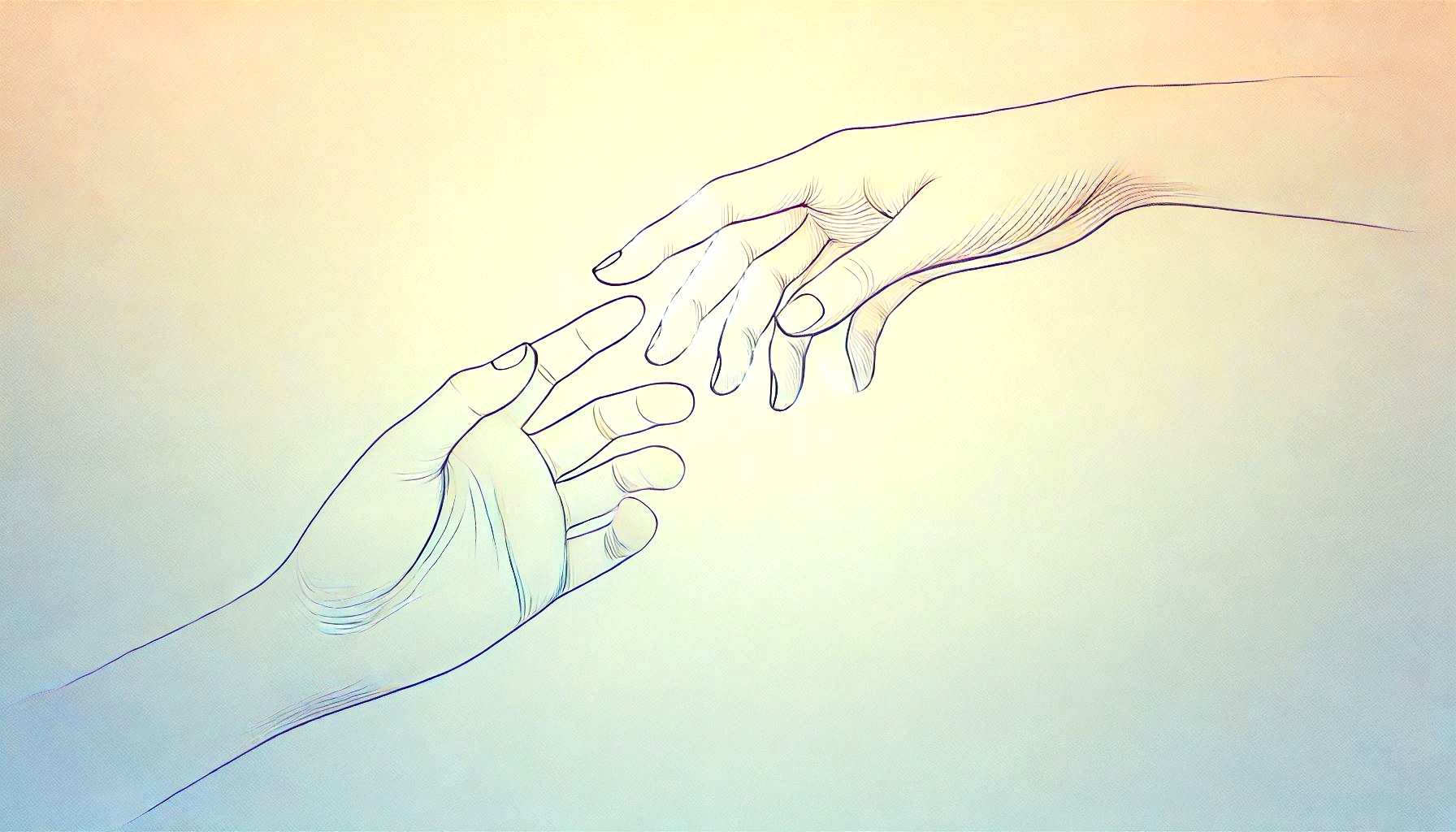By Florence //
Spoiler: Life continues after a mental health diagnosis.
You’ve been struggling for weeks or months with your mental health now. This struggle could be a pervasive sense of emptiness and low mood that permeates your being. It could be a sense of fear that’s been gnawing at you for months, making you feel easily agitated. It could be a full-fledged, out of the world psychotic episode that left you feeling broken.
Whatever your experience, you somehow found yourself in a consultation room with a psychiatrist, who just told you that you have <insert mental health diagnosis>. Was it relief that you felt? That somehow you had an inkling that you had been struggling with the diagnosis that your psychiatrist just gave you. Or were you afraid? That you knew that the diagnosis was going to change your life, that the journey ahead was going to be long and challenging. Perhaps you felt relieved and fearful at the same time. Friend, your feelings are normal and valid.
Before I proceed, I want to tell you that you made a good effort in seeking professional help. It must’ve been really difficult for you. You’ve just taken the first step in your journey of recovery.
When I was diagnosed with brief psychotic disorder in 2013, it felt as if my world had ended. The life as I knew before the diagnosis was over. My hopes and dreams for the future seemed crushed by the weight of the diagnosis. As my psychiatrist explained what psychosis was in the bright, clinical consultation room, I felt a heaviness in my heart and an immense fear in my stomach. What was going to happen to me? For months after receiving the diagnosis, I lived with an anxiety that gnawed at me constantly. Guilt and shame were my primary companions for months; I thought that I had done something wrong that had landed me in such a bad state. I only told others about my diagnosis on a need-to-know basis. I shuddered at the idea of talking about my experience with psychosis. I didn’t want to be treated differently just because I had a mental breakdown.
Then, my case manager and psychiatrist gently nudged me to talk to a peer support specialist. From that conversation, I realised that talking about my episode with someone who had been through a similar experience was helpful. Without trying too hard, she could relate to my feelings about my episode with great empathy. In hindsight, I see that the space she held for me was only possible with a peer who has had a mental breakdown and has sufficiently worked through her experience. The work she put into her recovery was a source of inspiration for me. That she was still alive and working on her recovery was enough for me to take courage to chart my own course in the unknown waters of life after psychosis.
Of course, my recovery journey involved much more than popping some pills and talking to someone with lived experience of psychosis.
Learning how to communicate my experience with psychosis was a key skill that has helped me to maintain my well-being, even until today. Learning to talk about my struggles helped my medical team and my loved ones know how they can support me when I am struggling. It takes a village to help someone living with mental illness to recover and to thrive.
I was lucky to learn early on that recovery from a serious mental illness cannot be built in a vacuum. Many people, especially loved ones with good intentions, have the idea that those of us in recovery are too fragile to handle stress, and that we should retire from life and its challenges. We do need to slow down and recuperate, perhaps for a season of weeks or months. But we do not need to live insulated from the everyday stressors and challenges of life. The trick for each of us is to learn our unique rhythm of work and rest, and listen to the music of each of our lives.
To be occupied but not too busy was a mantra I held on during my 8-month break after my first episode of psychosis. I took time to do things I have always wanted to do, but never prioritised them. I spent time connecting and reconnecting with my family and friends. It was only in hindsight that I recognised how lucky I was. Some of the memories I made during that period with my loved ones are among my most treasured moments today.
If you just learnt from your psychiatrist that you have a mental illness, the road ahead of you will be tough. Stigma is real, the struggles with the symptoms of your illness are real. Yet recovery and recovering some semblance of life are also very real. We are more than our illnesses; the illness does not define us nor our futures. We may not have a choice at the onset of our conditions, but we have a choice on how we respond to our challenges. You cannot change your past, but your decisions today will make all the difference in your future. These could be as simple as getting out of bed to brush your teeth, or scheduling to send yourself a short text of encouragement for the middle of the day to keep you going. Or you might order yourself your favourite bubble tea from a food delivery app. The small steps you take will snowball into a larger momentum if you persist. Keep pressing on.
Florence is a counsellor by profession. She is passionate about the cause of mental health because she has a lived experience of psychosis and depression. She writes for The Tapestry Project because it was, and still is, a source of great encouragement to her when she was first diagnosed with brief psychotic disorder.
Read more of our Tapestry Stories here.
Image Credit: Microsoft Designer

